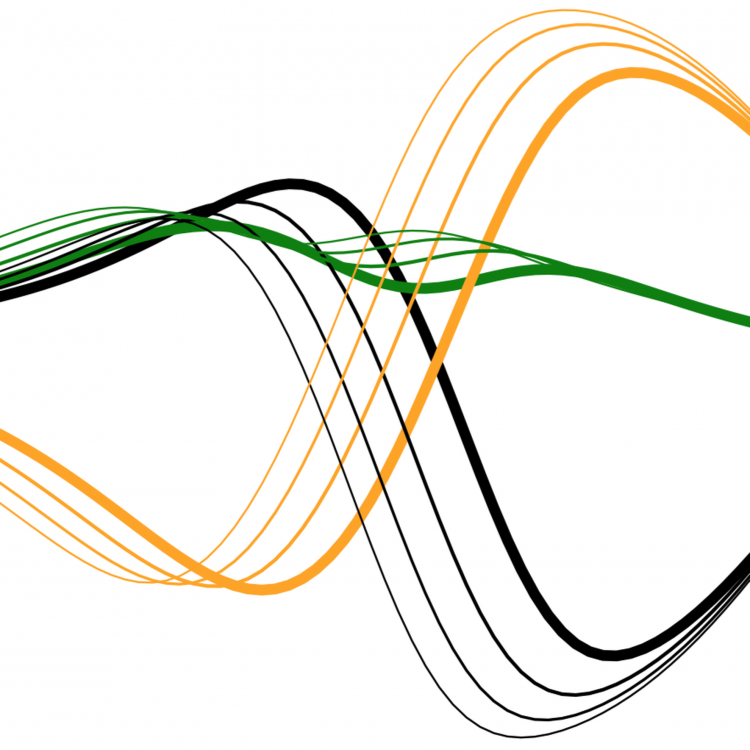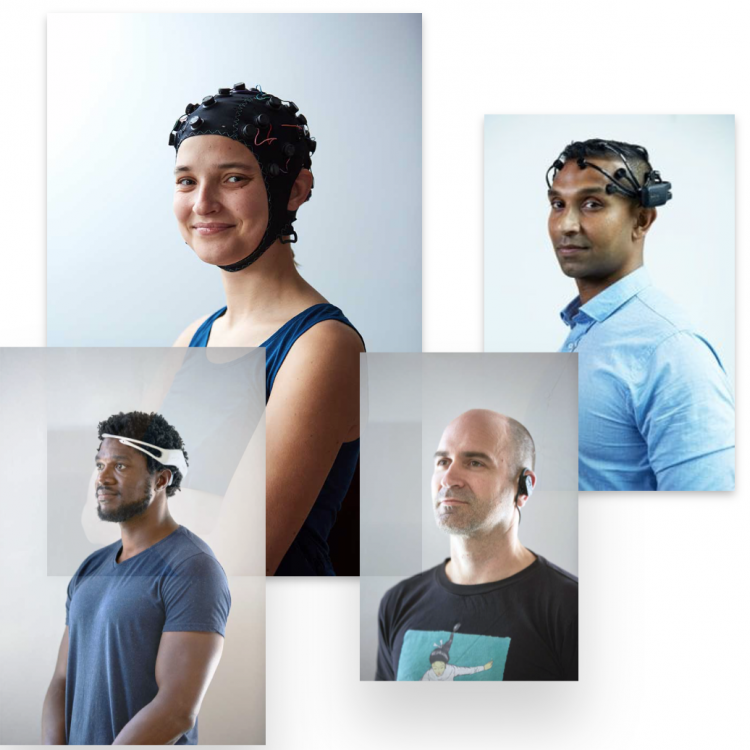This research project is part of a DECRA fellowship funded by the Australian Research Council for a project titled, Everyday Insurtech: Impacts of Emerging Technology for Insurance. The fellowship will study the development, adoption, and implications of digital technology and insurance—such as tools for capturing individualised data about behavioural risk factors and automating enforcement of policy conditions.
Research projects in Information Technology
Displaying 101 - 110 of 197 projects.
Recordkeeping for Empowerment of Rural Communities in a Developing Country
The United Nations Development Programme has identified access to information as an essential element to support poverty eradication. People living in poverty are often unable to access information that is vital to their lives, such as information on their entitlements, public services, health, education or work opportunities. Timely access to information is essential to perform many economic, social and leisure activities. In today’s digital age, information is more and more often provided in digital form.
Operations of Intelligent Software Systems
Nowadays more and more intelligence software solutions emerge in our daily life, for example the face recognition, smart voice assitants, and autonomous vehicle. As a type of data-driven solutions, intelligent components learn their decision logic from data corpus in an end-to-end manner and act as a black box. Without rigorous validation and verification, intelligent solutions are error-prone especially when deployed in the real world environment. To monitor, identify, mitigate and fix these defects becomes extremely important to ensure their service quality and user experience.
STEM Making for all: including people with a disability
People with disabilities are excluded from the assistive technology creation process because the methods and tools that are used are inaccessible. This leads to missed opportunities to create more accessible technologies for everyone including assistive technologies. This project will engage people with disabilities in the technology creation process at many levels, from engagement activities, input into designs and creation of technology and the facilitation of independent making of assistive technologies.
Science as a public good: improving how we do research with game theory and computation
Science is a public good. The benefits of knowledge are or should be available to everyone, but the way this knowledge is produce often responds to individual incentives [1]. Scientist are not only cooperating with each other, but in many cases competing for individual gains. This structure may not always work for the benefit of science.
Privacy-Preserving Machine Learning
With success stories ranging from speech recognition to self-driving cars, machine learning (ML) has been one of the most impactful areas of computer science. ML’s versatility stems from the wealth of techniques it offers, making ML seem an excellent tool for any task that involves building a model from data. Nevertheless, ML makes an implicit overarching assumption that severely limits its applicability to a broad class of critical domains: the data owner is willing to disclose the data to the model builder/holder.
Reconstructing the Past through Immersive Media
Recent advances in technology mean we can now reappraise the exploration of the past as a future-aligned endeavour. The definition of the ‘past’ here is broad; the reconstruction of a bygone world may derive from relatively recent written texts or photographic archives, from centuries old remains uncovered in archaeological excavations, or even far back in ‘deep time’, to the long-vanished ecologies evidenced in the fossil record.
Learning from massive amounts of EEG data
The existing deep learning based time series classification (TSC) algorithms have some success in multivariate time series, their accuracy is not high when we apply them on brain EEG time series (65-70%). This is because there is a large variation between EEG data of different subjects, so a TSC model cannot generalise on unseen subjects well. In this research project we investigate self-supervised contrastive learning to encode the EEG data. This way we can better model the distribution of our EEG data before classifying it to different mental status. See a recent work here [1].
A Smart Software Vulnerability Detection Platform
Identifying vulnerabilities in real-world applications is challenging. Currently, static analysis tools are concerned with false positives; runtime detection tools are free of false positives but inefficient to achieve a full spectrum examination. A generic, scalable and effective vulnerability detection platform, taking advantage of both static and dynamic techniques, is desirable. To further overcome the shortcomings of these techniques, deep learning is more and more involved in static vulnerability localization and improving fuzzing efficiency.
Towards secure and trustworthy deep learning systems
Over the past decades, we have witnessed the emergence and rapid development of deep learning. DL has been successfully deployed in many real-life applications, including face recognition, automatic speech recognition, and autonomous driving, etc. However, due to the intrinsic vulnerability and the lack of rigorous verification, DL systems suffer from quality and security issues, such as the Alexa/Siri manipulation and the autonomous car accidents. Developing secure and trustworthy DL systems is challenging, especially given the limited time budget.





